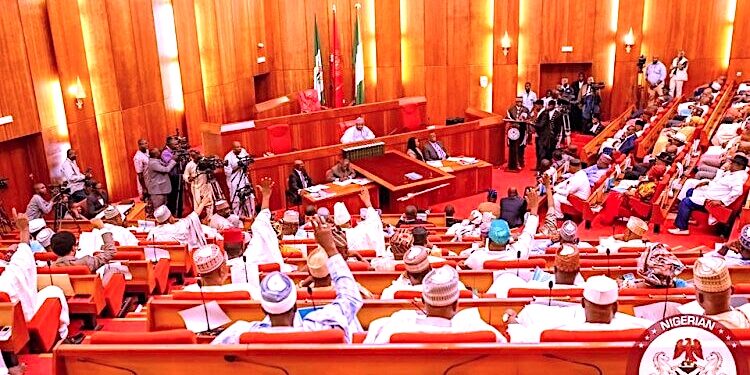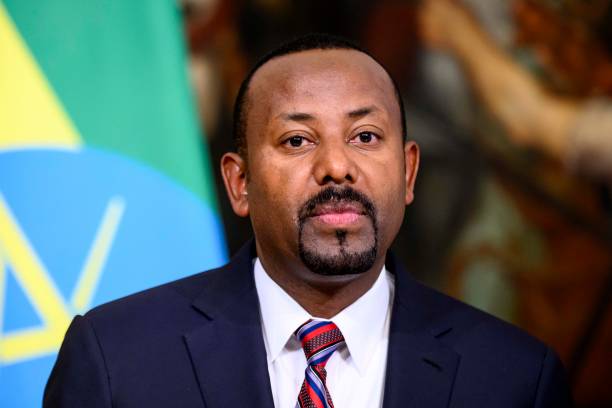NAIROBI, Kenya — Imagine driving from Lagos to Nairobi without needing a visa. Picture traders crossing from Senegal to Ghana with nothing more than an ID. This is the dream of a Borderless Africa — a continent where Africans can move freely, just like Europeans do in the EU. For many, it remains a hopeful vision. But on the ground, reality tells a different story.
For decades, African leaders have talked about integration. The idea is not new. It’s part of the African Union’s (AU) grand plan: to boost trade, connect people, and unite the continent. In 2018, the AU launched the African Continental Free Trade Area (AfCFTA) — hailed as the biggest free trade area in the world by number of countries. Part of its promise? Free movement of people.
But while goods may slowly begin to cross borders more easily, people are still stuck behind closed gates, expensive visas, and suspicious immigration officers.
“They talk about African unity, but try crossing the border without paying someone,” says Emmanuel, a truck driver who hauls cargo between Uganda and South Sudan. “Every checkpoint is a negotiation.”
Borders Built by History
Africa’s borders were drawn by colonial rulers, with little thought for local communities. Families, tribes, and entire cultures were split. Today, these invisible lines are policed tightly — often more tightly than in Europe, where many African leaders send their children for education.
In West Africa, progress has been made. The Economic Community of West African States (ECOWAS) allows citizens from 15 member countries to travel without visas. But enforcement is patchy. Bribery, poor infrastructure, and security fears still hold people back.
Elsewhere, it’s harder. Countries like South Africa and Egypt maintain strict visa rules for fellow Africans, even while offering visa-free entry to Western tourists.
“When I applied for a visa to South Africa, it was harder than getting a Schengen visa,” says Aisha, a Nigerian entrepreneur. “They treat us like outsiders.”
Fear, Politics and Protectionism
So why is Africa still so closed to its own people?
Part of the answer lies in fear. Many governments worry that open borders will lead to mass migration, especially from poorer or conflict-ridden countries. There’s also the issue of security — terrorism, smuggling, and trafficking are serious concerns.
Then there’s politics. Leaders often speak of unity, but nationalist sentiments remain strong. Many are reluctant to give up control or risk upsetting local populations already struggling with unemployment.
“Free movement is a threat to weak states,” says Dr. Njeri Mbote, a political analyst in Nairobi. “They fear being overwhelmed, not just by people, but by ideas.”
The Hope Lives On
Still, the dream lives on. Younger Africans, especially, are pushing for change. Social media movements like #VisaFreeAfrica highlight the struggles — and hopes — of ordinary people. The African Union has introduced the African Passport, though it’s currently limited to diplomats and officials.
And some countries are leading the way. Rwanda, Benin, and The Gambia have scrapped visa requirements for all African citizens. Kenya recently announced a visa-free policy for all Africans, a bold move that many hope will inspire others.
“We can’t talk about African trade without African travel,” said President William Ruto at a regional summit. “Let us open our borders to each other.”
A Long Road Ahead
Creating a truly borderless Africa won’t happen overnight. It requires trust, investment, and strong institutions. It means improving roads, digitising border controls, and fighting corruption. But most of all, it needs political will.
For millions of Africans, it’s not just about ideals. It’s about family, work, education, and opportunity.
As Aisha, the entrepreneur, puts it:
“We’re not asking for special treatment. We just want to move — like everyone else.”
The dream of a borderless Africa may still be far away. But with each small step, the continent inches closer to a future where its people are no longer strangers to each other.





